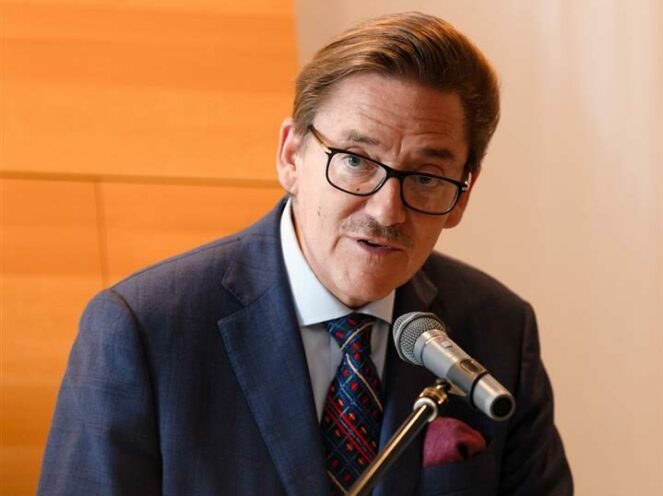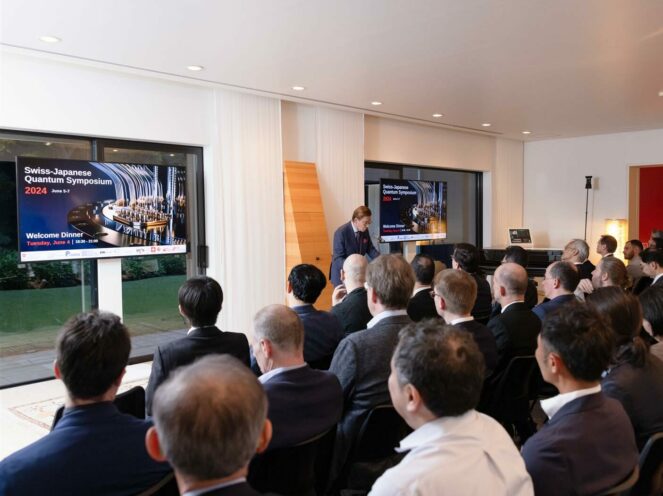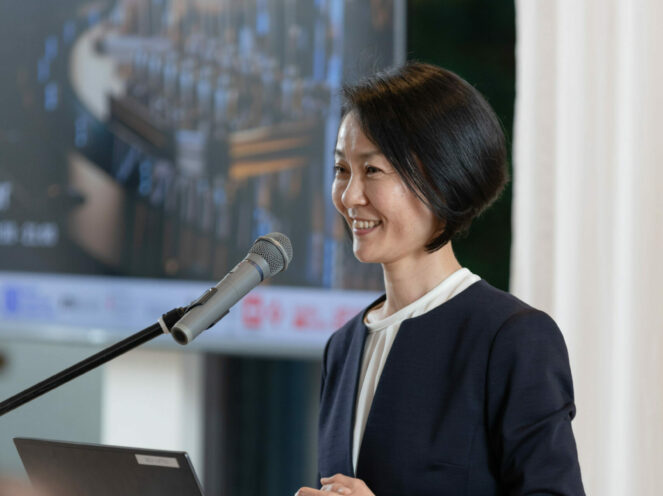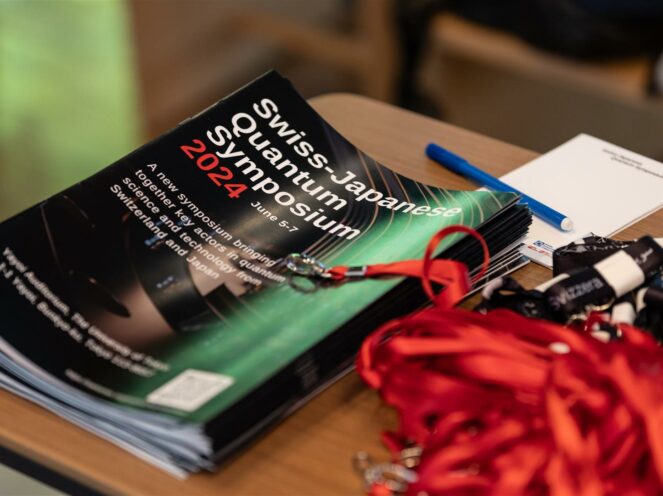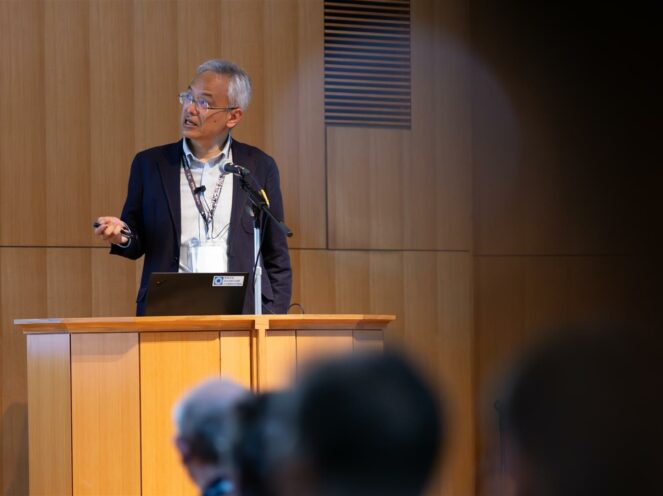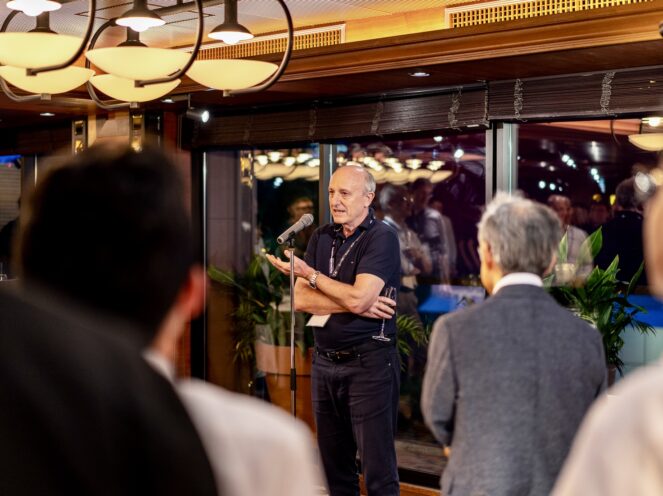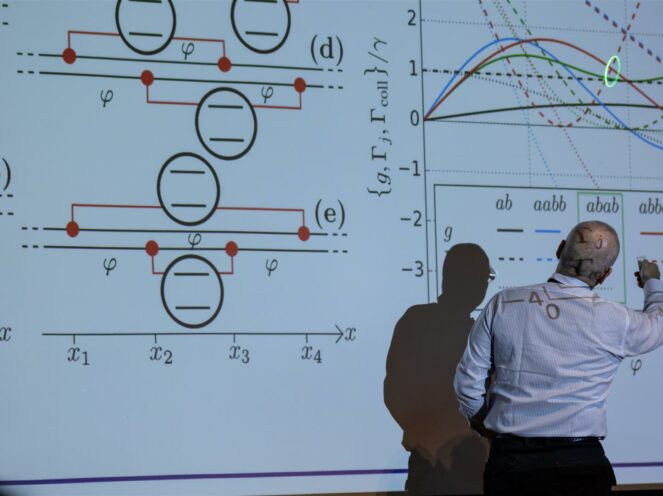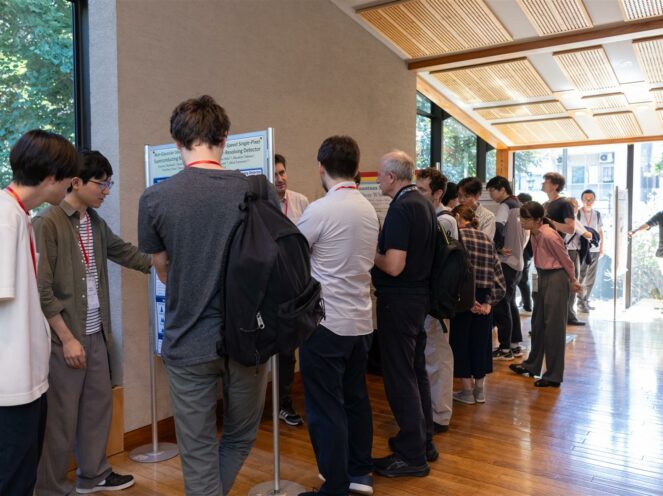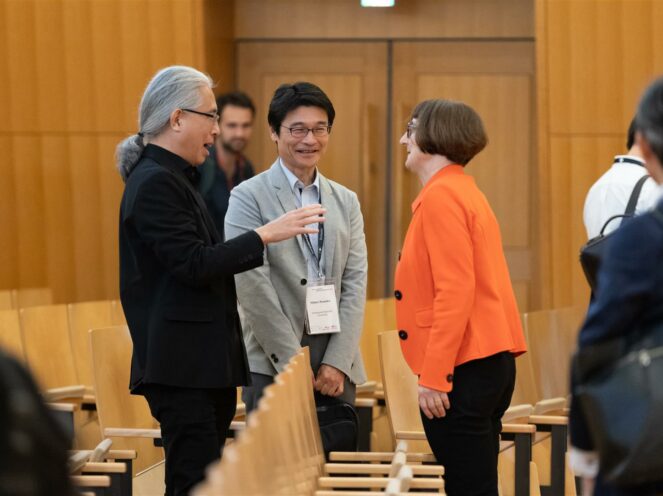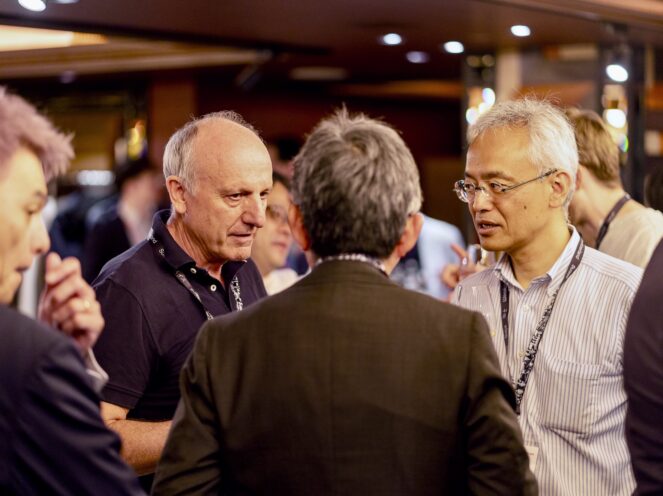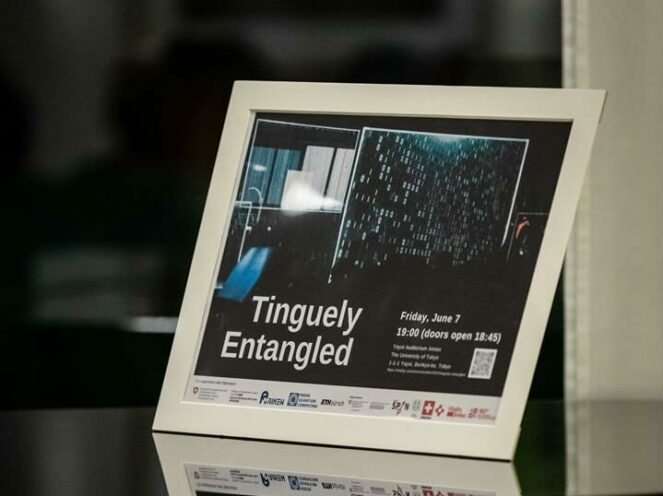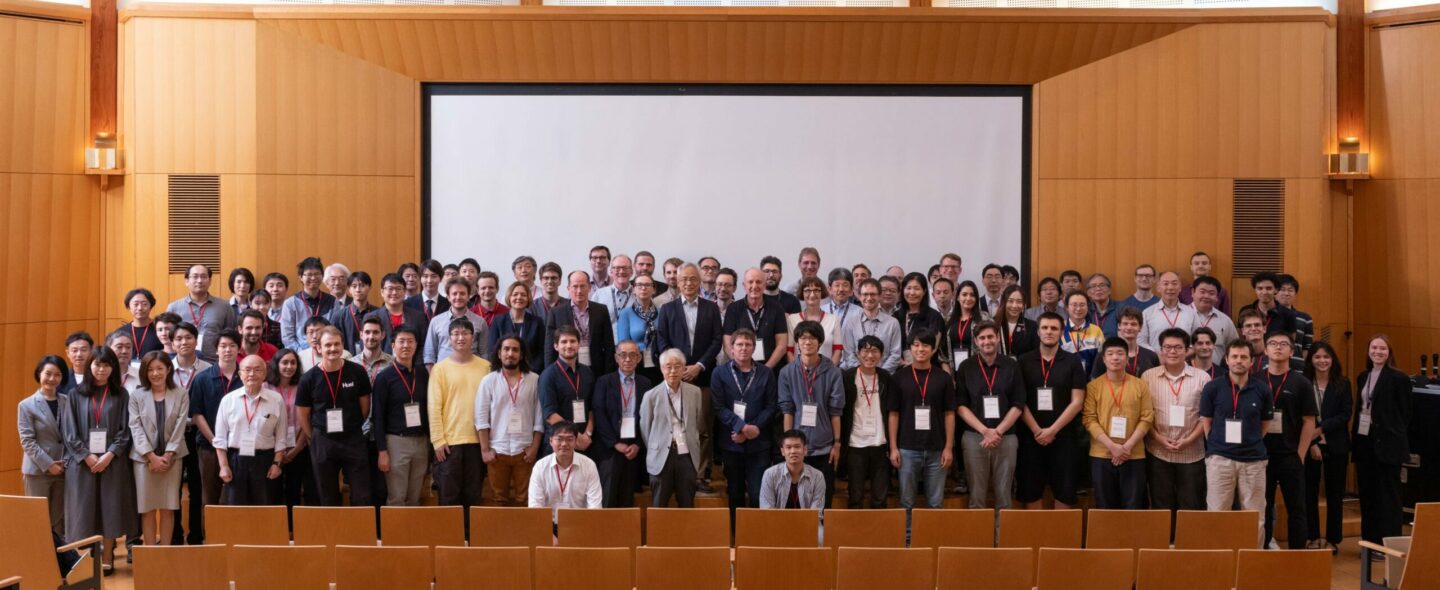
The first Swiss-Japanese Quantum Symposium successfully brought together more than 200 participants over three days. About 20% were international participants, underlining the high level of scientific research conducted in the two countries.
Co-organized by RIKEN, Japan’s largest comprehensive research institution, and the Science and Technology Office Tokyo (STO), Embassy of Switzerland in Japan, in collaboration with the two scientific co-chairs, Prof. Daniel Loss from the University of Basel and Prof. Yasunobu Nakamura from the RIKEN Center for Quantum Computing (RQC), the event created a unique opportunity for lively exchanges between prominent and young researchers. The auditorium was constantly attended by over 100 interested participants each day.
On this occasion, members of the Cabinet Office, Government of Japan and representatives of the Swiss Quantum Initiative and Swiss Quantum Commission held a first meeting to discuss the support of advancements in quantum research and collaboration between the two countries.
The Welcome Dinner hosted at the Swiss Residence by the Ambassador of Switzerland to Japan, Dr. Andreas Baum, on Tuesday, June 4, officially inaugurated the Symposium. The event marks another celebration of the 160-year anniversary of diplomatic relations. The guests were offered a preview of the special art x science performance Tinguely Entangled.
Starting on Wednesday, June 5, the Symposium featured an intense schedule of 38 presentations showcasing a wide range of quantum science and technology topics. Among the mostly academia-oriented sessions, two out of twelve were rather oriented toward industry.
The Symposium included two poster sessions with 38 contributors. These sessions provided an interactive platform for researchers to present their work, engage in discussions, and receive feedback. The posters covered a variety of topics, from experimental quantum physics to theoretical models and applications of quantum technologies. The poster sessions were valuable for early-career researchers, offering them opportunities to present their work and gain insights from more experienced scientists.
The Swiss-Japanese Quantum Symposium concluded with participants expressing enthusiasm for the new relationships built during these three days, which helped strengthen ties of the Swiss-Japanese quantum network.
More details on the program & sponsors: https://swissnex.org/event/ch-jp-quantum-2024/
-
![]()
-
![]()
-
![]()
-
![]()
-
![]()
-
![]()
-
![]()
-
![]()
-
![]()
-
![]()
-
![]()
